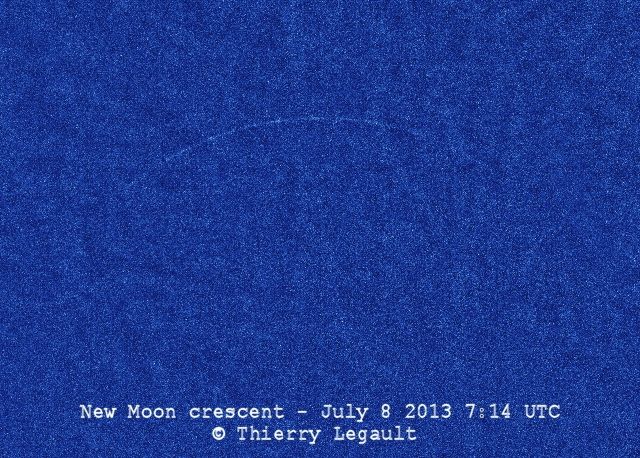The New Yorker Does It Again
I gotta say this for The New Yorker—they use high-class English. Here’s a sentence:
There has been some pushback, too, from climate experts such as NASA’s Gavin Schmidt, who argues that the consensus figures are probably more likely to be accurate, and that any reëvaluation is at best “premature.”
https://www.newyorker.com/news/annals-of-a-warming-planet/what-stands-in-the-way-of-making-the-climate-a-priority
I’m not a fan of the false subject (There has been), but hey, they used a diaresis! They could have done what everybody else does (spell it with a hyphen—re-evaluation) but they didn’t! In English, you can use a diaresis when you need to pronounce two letters separately that look like they should be pronounced together. (I’ve mentioned this before; look up “diaresis” in the search box.)
Ahem. Regarding that false subject, they could have said, “Climate experts such as NASA’s Gavin Schmidt have given some pushback. He argues that the consensus figures are probably more likely to be accurate, and that any reëvaluation is at best ‘premature.'”
Harrumpf.
While I’m at it: another New Yorkerism—They spelled “NASA” with small caps, not normal capitals. WordPress doesn’t support small caps, so I had to change the text to normal caps. Sorry.
Subscribe to this blog's RSS feed
Existential Math Question
I’m borrowing the cartoonist’s punchline for this post. I see this error occasionally, usually in job postings: “up to 3 or more years of experience.” It always bothers me.

https://www.patreon.com/posts/coupon-38576792
You might not be able to get to this comic; it’s on Patreon.
When you write, don’t set a limit and then violate the limit! (Ahem, don’t be like a marketer.)
Poetic License
I originally intended to post this as something about a curmudgeon grammarian, but when I read the comments, I learned that these are all related to popular songs. I confess I don’t know much about pop culture.

Poetic license is permission to twist language to suit a poem or song. Do you know the songs in the comic? I don’t.
If we were talking about grammar, though, can you tell which one I would disagree with her about?
Counting or Measuring?
The rule is to use “fewer” when you’re counting something and “less” when you’re measuring something. But two things can go either way: time and distance. Usually we use “less” for both, but you can use “fewer” even though it sounds a bit funny.
The moon will be new fewer than 9 hours after the June 20 solstice.
https://earthsky.org/astronomy-essentials/annular-solar-eclipse-on-june-21-2020
Of course we gotta have a picture. Here’s one from 2013:

Far or Fur?
Okay, farther or further. The rule is if you’re talking distance, use “farther.” And if your describing a greater extent, or a similar abstract increase, use “further.”
I’m a bit surprised to see this choice used incorrectly in something from the BBC. Unless maybe they did it on purpose?
It became an icon of long-haul travel and exotic holidays; Boeing’s 747 could fly more people further than any plane before.
https://www.bbc.com/future/article/20180927-the-boeing-747-the-plane-that-shrank-the-world
The quote is the subhead of a long but interesting article. Here’s a pic from the article:

Nice use of a semicolon in that sentence, though.
